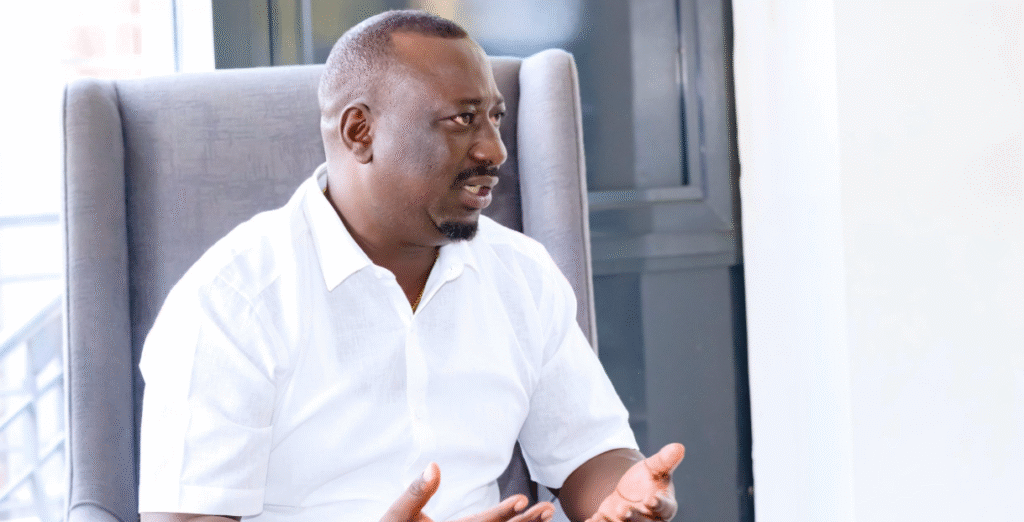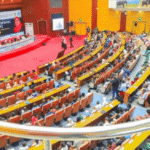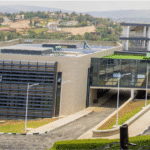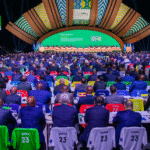Alex Nyamwasa left Rwanda for Mozambique as a young man, looking for better opportunities. Twenty years later, he returned to Rwanda as part of the business delegation that accompanied Mozambican President Daniel Francisco Chapo during his two-day state visit to Kigali.
President Chapo’s visit, which began on August 27, was his first official trip abroad since taking office. The mission focused on strengthening cooperation between Rwanda and Mozambique in trade and security.
Nyamwasa, now a successful businessman representing more than 5,000 Rwandan traders in Mozambique, says he started small but saw opportunities. “I went there as a youth, found others trading, and joined them. I kept growing from there,” he told the Press.
When he arrived in Mozambique in 2005, the country was still recovering from war, and trade was mostly controlled by the state. Mozambican citizens often walked 10 to 12 kilometers to buy basics like rice, sugar, or salt, and had to wait in long lines. Rwandan traders, he explained, introduced better ways of doing business.

For example, while locals used buckets or containers to measure goods, Nyamwasa and others brought weighing scales, teaching Mozambicans to buy in kilos. “Even today, in some rural areas, people still use buckets. But Rwandans helped introduce proper scales,” he said.
Although Rwandans are active in Mozambique, Nyamwasa admits that 99% of large-scale trade is controlled by Indians and Chinese, who import goods in containers. Rwandans usually buy from them and resell to smaller retailers or households.
He praises President Paul Kagame for hosting President Chapo, noting that the visit opened new opportunities for both nations. Rwandans, he said, are often seen as “teachers” in Mozambique because they helped locals learn how to manage businesses properly.
Nyamwasa also believes there are untapped opportunities for Rwanda. With Mozambique’s long coastline, fish could be exported to Rwanda, while cassava flour and Rwanda-made products could find markets in Mozambique. Some Mozambicans, he added, already buy “Made in Rwanda” clothes.
However, he noted that obtaining legal documents to operate in Mozambique is costly, with permits costing up to $2,000. Despite this, Rwandans and Mozambicans work well together, with many Rwandans engaged in retail while others supply products to bigger markets like Maputo.
Business in Mozambique, Nyamwasa stressed, requires honesty, hard work, and financial discipline—qualities that have helped Rwandans succeed.
Mozambican businessman Holmito Viandro Andaque, who was part of the delegation to Rwanda, said it was his first time in Kigali and that he was impressed by the country’s investment opportunities. “There are many opportunities here, and I would like to return and invest,” he said.
He also underlined the importance of cross-investment, with Rwandans trading in Mozambique and Mozambicans investing in Rwanda. He praised Rwanda’s role in helping restore security in Mozambique, which has encouraged more business.
Nyamwasa pointed out one major challenge: Mozambique’s banks. He said local banks do not value immovable assets like houses, making it difficult for traders to access loans. Instead, many rely on insurance companies for financial services. “Banks keep money but don’t support business. Getting a loan is very hard. That’s why insurance companies are filling the gap,” he explained.
He called on Rwandan banks to seize this opportunity and expand into Mozambique, where the financial sector still has major gaps.





















q199qt